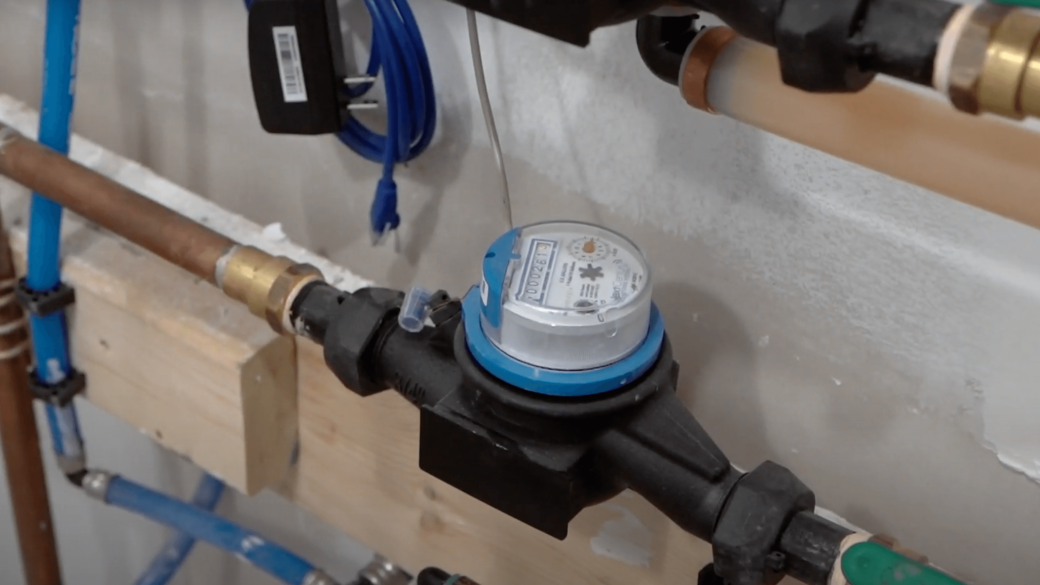What to Do When Your Landlord Turns Off Your Water Without Notice
Tenants often find themselves navigating a complex maze of rights and responsibilities. One of the vital aspects of this relationship is providing essential utilities such as water. It’s beneficial to know what should be done in these scenarios; without notice, your landlord can turn off your water.
This article provides steps to follow when circumstances cause your landlord to turn off your water without prior notice.
Understanding Your Rights
So has your landlord turned off water without notice? All tenants have a fundamental right to utilities such as water, which is implied in the federal “implied warranty of habitability.” This implied warranty requires landlords to provide a habitable living environment for renters.
As stated above, this implies that no tenant can expect to be legally denied plumbing services under any circumstances (meaning other than an emergency repair situation).
It is also essential to check your rental agreement to see what you agreed upon with your landlord when issues occur.
Legal Recourse and What It Entails
The first step in dealing with a water shutoff is to contact your landlord. If it was the result of an emergency repair or if it’s been declared a mistake, quick action should be taken to resolve the situation. On the other hand, you might need to pursue legal avenues if the landlord declares that they won’t restore the water service and make serious efforts to get it restored as well. In rough terms, formal talk about what happened followed by some course of state law may help in this situation.
The Importance of Documentation
Tracking all communications related to the water disruption is essential for protecting your rights. Email, text messages, and even handwritten notes or a demand letter. These are better than phone conversations and can state your case better if you ever need to take legal action. These documents prove what has happened and hold a timeline of events on which you have grounds to proceed with your claim.
Leveraging Local Tenants’ Rights Organizations
Tenants’ rights organizations protect tenant rights. They may advise you on how to handle situations like water shutoffs, recommend resources to help you understand your local landlord-tenant laws, and in some cases, even assist you with legal support when needed. Contacting such organizations empowers you to take the right actions and ensure your rights are upheld.
Mitigating the Impact of Water Disruption
Simple steps like buying bottled water for drinking and hygiene purposes will help you to overcome the impact of water shutoff. Take receipts of bills and note any additional expenses so that if you pursue legal recourse, it is possible to recover these costs.
Understanding Local and State Laws
Federal law provides an overall framework, but sometimes landlord and tenant laws can vary by state or city. Therefore, it may be beneficial to find out the particulars of the state’s landlord-tenant laws before learning what is generally allowed in your particular jurisdiction.
For example, sometimes tenants are empowered to perform “repair and deduct”; i.e., they are allowed to hire a professional to fix something that isn’t working in their dwelling and simply deduct the cost from their rent payments.
Prevention Through Clear Communication and Lease Agreements
Sometimes, the best solution is to prevent disputes from arising in your rental unit in the first place. Communicate openly and clearly with your landlord from the beginning so misunderstandings will not happen. Learn everything you can about your lease agreement, especially clauses about utilities and maintenance. Knowledge about these essentials will prepare you for disruptions.
The Role of Mediation
If you landlord shut off your water, you might consider going to mediation, which will involve all parties. When people think that a legal solution is too harsh or even premature, mediation can act as a non-biased platform for settlement. Without bias, mediators can pursue tensions more calmly and less expensively.
In general, healthy landlord-tenant relationships often benefit from the existence of such a platform. Maybe your landlord shut off the water without written notice because of a broken water pipe, or maybe there’s been a water outage in the area. However, you won’t know this unless you communicate with your landlord, and they communicate with you.
Contacting Local Health and Building Inspectors
When your landlord cannot or refuses to provide a rapid remedy or when this matter is addressed with unresponsiveness, local health or building inspectors can intervene for you to have prompt action from your landlord. Local health codes or ordinances can be enforced by these departments, compelling the landlord to take responsibility and fix concerned issues swiftly and precisely.
FAQs – Landlord Turned off Water without Notice
Can a landlord legally turn off my water?
Under the “implied warranty of habitability,” landlords must provide essential services such as water. They may not legally cut your water off except for specific circumstances like emergency repairs or other serious reasons. If your landlord turns your water off without proper notice or cause, that could be a violation of your rights, as this is an essential service.
What should I do if my landlord turns off my water without notice?
If you landlord shut off your water, first you should try speaking to your apartment landlord or your rental property manager. Perhaps it is a misunderstanding or something they don’t know about. However, this situation which needs a quick solution if not resolved may need to be escalated by seeking legal action. That is why it is always necessary to document all attempts and interactions while resolving this issue.
What can I do if I can’t afford legal action?
If legal costs seem prohibitively expensive, you can approach local tenants’ rights organizations. These organizations offer advice and sometimes even representation to tenants for no or low fees.
Can I withhold rent if my landlord turns off my water?
While withholding rent may seem like a sensible and responsible idea in certain circumstances, it’s worth bearing in mind that this could lead to eviction, depending on your local laws. Some jurisdictions permit rent withholding under particular conditions, whereas others provide an explicit right of action for landlords. Before taking any such measures, consult a legal advisor or tenant’s rights organization first.
Can I get reimbursed for expenses I incurred due to the water shutoff?
Yes, you can even ask your landlord to pay for the additional expenses incurred as a result of the water shutoff. This includes buying bottled water, gas, temporary housing or staying at a hotel. You may also be able to get a reduced rent until the utility service can repair the issue. Always keep all receipts because they can serve as evidence later on for negotiating reimbursement with the utility companies or your landlord.
Conclusion
It is important to be aware of your rights, and knowing how to take the required steps in case your utility company or landlord turns off your water without prior notice will help expedite matters. Always try to solve any disagreements with a constructive viewpoint, document every interaction, and consult a lawyer for legal advice if needed.


